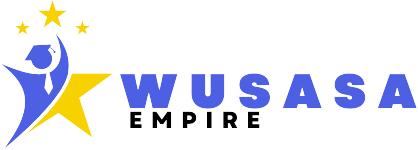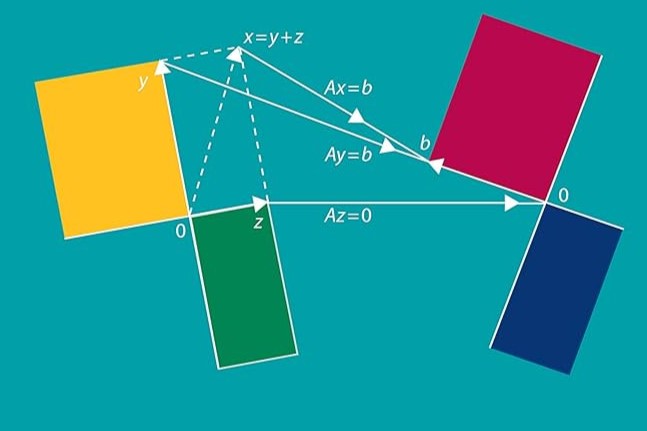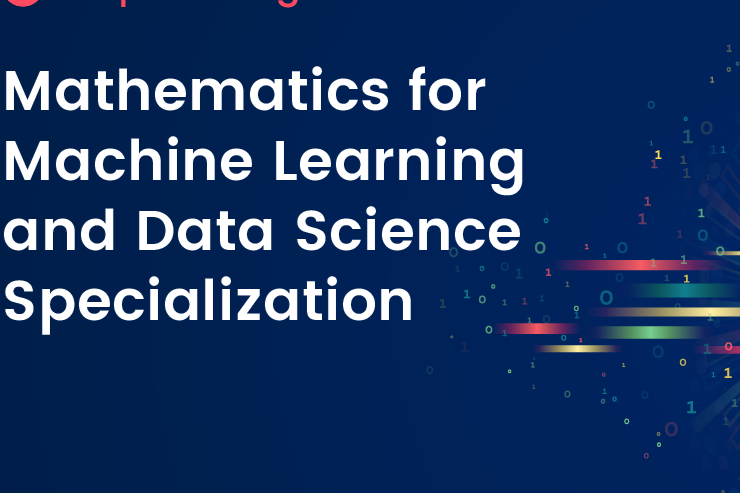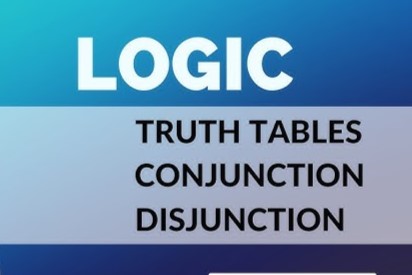Description
Welcome to “Introduction to Linear Algebra,” a comprehensive course designed to provide you with a solid foundation in one of the most essential branches of mathematics. Linear Algebra is a critical subject for students of mathematics, engineering, computer science, physics, and various other disciplines. This course will guide you through linear algebra’s fundamental concepts, theories, and applications, ensuring you develop theoretical understanding and practical problem-solving skills. Whether you’re a beginner or looking to refresh your knowledge, this course is structured to accommodate all learning levels.
What you'll gain
By the end of this course, you will:
- Understand Core Concepts: Grasp the essential ideas of vectors, matrices, determinants, vector spaces, eigenvalues, and eigenvectors.
- Develop Problem-Solving Skills: Learn to approach and solve linear algebra problems methodically and efficiently.
- Apply Linear Algebra: Use linear algebraic methods in various real-world contexts, such as computer graphics, data science, engineering, and natural sciences.
- Enhance Analytical Thinking: This course will improve your ability to think abstractly and logically, which is invaluable in advanced mathematics and related fields.
- Prepare for Advanced Studies: Build a strong foundation for further study in mathematics, engineering, computer science, physics, and related disciplines.
Syllabus
Week 1: Introduction to Vectors and Matrices
- Definitions and properties of vectors
- Operations with vectors (addition, scalar multiplication)
- Introduction to matrices
- Matrix operations (addition, multiplication, transposition)
Week 2: Systems of Linear Equations
- Representing systems of equations with matrices
- Gaussian elimination
- Row echelon form and reduced row echelon form
- Solutions to systems of linear equations
Week 3: Vector Spaces
- Definitions and examples of vector spaces
- Subspaces, bases, and dimensions
- Null space, column space, and row space
- Rank and the Rank-Nullity Theorem
Week 4: Determinants
- Definition and properties of determinants
- Calculation of determinants
- Applications of determinants (e.g., Cramer’s Rule)
Week 5: Eigenvalues and Eigenvectors
- Definition and computation of eigenvalues and eigenvectors
- Diagonalization of matrices
- Applications of eigenvalues and eigenvectors
Week 6: Orthogonality and Least Squares
- Inner product, length, and orthogonality
- Orthogonal sets and bases
- Gram-Schmidt process
- Most minor squares problems and solutions
Week 7: Advanced Topics and Applications
- Introduction to linear transformations
- Matrix representation of linear transformations
- Applications in computer graphics, differential equations, and more
Week 8: Review and Final Exam
- Comprehensive review of all topics
- Practice problems and solutions
- Final exam to assess understanding and application of course material





Sarah –
The instructor’s explanations were clear and concise, making complex topics easy to understand. The assignments and quizzes were challenging but rewarding, helping to solidify my understanding of the material.
Kingsley –
The instructor did a fantastic job of breaking down abstract concepts into manageable pieces, which made learning linear algebra much less intimidating. The course structure was well-organized, and the interactive elements, such as live sessions and discussion forums, enhanced the learning experience.
Alhaji –
As someone with minimal prior knowledge of linear algebra, I found this course to be incredibly helpful. The instructor’s teaching style was engaging and accessible, and the course materials were well-designed. I appreciated the variety of resources available, including lecture videos, practice problems, and additional readings.
Jamilu –
The instructor’s passion for the subject matter was evident throughout, making the material both interesting and enjoyable to learn. I appreciated the real-world applications presented in each lesson, which helped me see the practical relevance of linear algebra in various fields. The support from the teaching assistants was also exceptional, providing prompt and helpful feedback on assignments.
Deborah –
The instructor’s expertise and enthusiasm made even the most challenging topics accessible and engaging. The course materials were comprehensive and well-structured, allowing for a gradual progression from basic concepts to more advanced techniques. The interactive nature of the course, including virtual labs and group projects, fostered collaboration and enhanced my understanding of the material.